Ghislain Poirier: The World is His PlaygroundFormer Campus Radio Wizard Ghislain Poirier Takes It to the Big LeaguesBy Scott Wood
Poirier has recently signed to the prestigious Ninja Tune label, home of Herbalizer, Kid Koala, and Coldcut. Poirier explains what joining that label means to him: “Honestly, it’s a family thing. I’m dealing with the Ninja Tune office in Montreal [where I live]. Through the last couple of years, we have been coming more and more close, and good friends. It was just natural to go with them. They really feel the music I’m doing. It was just a matter of time, you know, and now we have good timing.” Signing to Ninja Tune is the culmination of a lot of work. While studying drawing and painting, Poirier got his start DJing on college and community radio stations—which he fondly recalls as his “unofficial school.” It was while doing his radio show that he realized that is was just as easy to make music, as it was to cut and paste questions and answers with music. After five years at college and community stations, Poirier decided that it was time to take the next step. “I had a plan to do an album and I was giving myself five years to do it. But, in that period, I had enough time to do four albums.” Poirier chuckles to himself. “So it went better than I thought.” During that time, Poirier also became a popular club DJ, putting on his own kick ass parties as well as touring. He also released several bootleg hip hop mixtapes, Bounce Le Remix volume 1 and 2. Then he started doing ‘official’ remixes for international acts like Little Sister, Bonde De Role, Editors and Lady Sovereign. He ever toured with Sovereign as her tour DJ in 2006. All that work has culminated in signing with Ninja Tune. Poirier’s music definitely shares the label’s sensibilities. Whether the track is instrumental or hip hop, Poirier’s beats are experimental yet accessible, and in terms of collaborators, M.I.A. has been quoted as saying said that she thought that Philadelphia-based DJ and producer Diplo’s music had a certain ‘homelessness’ about it. I think the quote applies to Poirier’s sound as well, although Poirier beats are radically different, Poirier and Diplo share a certain sensibility and they both are not afraid to draw on the world community for their inspiration. The word ‘homelessness’ makes no sense to Quebecois Poirier, however, after I explain, he is quick to react. “I feel no border in the music that I like and the music I am producing. …I mean, I love collaborating with MCs from any language and any part of the world, you know? I’m working with Jamaican, with Quebecois people, French people, American—probably even African MCs in the near future. And for me, these people from other countries bring their own accents. And accents and other languages for me [are] musically different. It is nice to hear it. And what I found really interesting is like… These beats I am producing from Montreal. These beats are talking to people in other countries. So, it’s not a border thing. I can play my music everywhere and find a way make it to the people…” Poirier’s take is fresh in a game that all about regionalism. Hip hop has been traditionally very segregated. East Coast. West Coast. Houston. Baltimore. Atlanta. All these scenes have distinct, identifiable sounds. So, I ask him how much should music be connected to a place—say Montreal? “It should just be connected to the people who are curious, you know? In Montréal, the people who like my music are not in a certain scene. Maybe we can say in Montreal there is a new scene… I don’t know how to definite it. I’ll just say, ‘Curious people.’ They will see indie rock shows; they will see house parties; they come to my gigs. It’s just people who enjoy music.” “The big goal and challenge is not put the music in the ghetto, you know? It is to try to share it. And say, ‘Listen it is not because you can’t understand what is dub step or soka that you can’t like these tracks.’ You know? A genre is a genre, but music is music. And sometimes when you put a name on a genre and style of music, it will just put away a certain public. ‘Cuz they will say, ‘Oh I don’t know a certain style. I don’t have the quality to like it.’ But it’s not that. People can like the music in their own words, you know?” This attitude can make a club experience very freeing and Poirier is not afraid to weigh in on what is going on in hip hop. Poirier has been quoted as saying that mainstream hip hop is currently being more innovative than underground. So I ask him, since he “Yeah it’s funny, where my place is…” Poirier laughs. “My place is everywhere and nowhere.” It is almost as if he is still trying to figure this out for himself. “I am definitely into the underground scene. But I’ve been doing more and more remixing for the Editors or Sovereign, or in Quebec also Champion or Pierre Lapointe—and that is considered more mainstream. For me, I don’t see a real defined border, it’s mainstream or underground… you don’t know where it can sudden pop up on the radio, you know? My goal is not to do sacrifice for that, is just to do something that I believe in. …Try to challenge people—in a nice way.” Tune in to the interview show with host Scott Wood, every Monday @4:30pm on CJSF 90.1FM for more interviews with your favorite indie artists. You can also listen online at www.cjsf.ca. |
Reviews

Mngwa
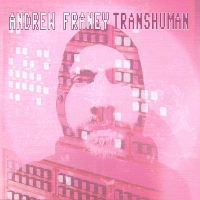
Andrew Franey
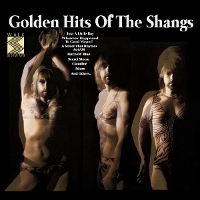
The Shangs

Alex Cuba

Tri Nguyen
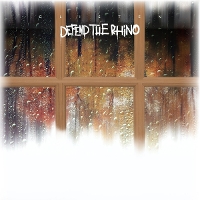
Defend The Rhino

Talltale
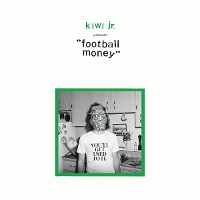
Kiwi Jr.

Plaster

Hyness
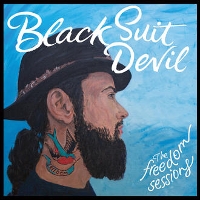
Black Suit Devil
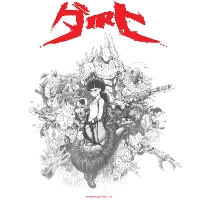
Yamantaka // Sonic Titan
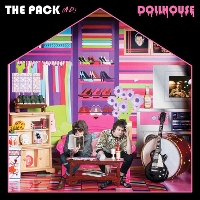
The Pack A.D.
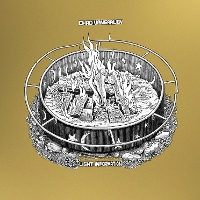
Chad VanGaalen

Potengowski Anna Friederike
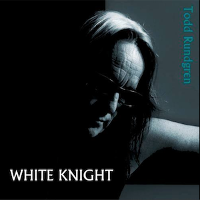
Todd Rundgren

Old 97's
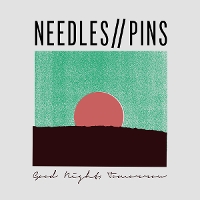
Needles//Pins



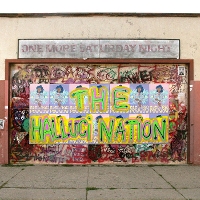
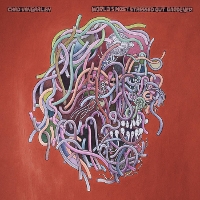

 In Montréal, the people who like my music are not in a certain scene. Maybe we can say in Montreal there is a new scene… I don’t know how to definite it. I’ll just say, ‘Curious people.’ They will see indie rock shows; they will see house parties; they come to my gigs. It’s just people who enjoy music
In Montréal, the people who like my music are not in a certain scene. Maybe we can say in Montreal there is a new scene… I don’t know how to definite it. I’ll just say, ‘Curious people.’ They will see indie rock shows; they will see house parties; they come to my gigs. It’s just people who enjoy music 

